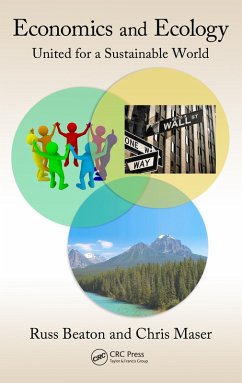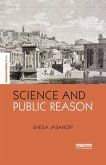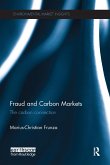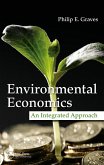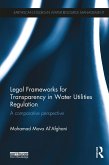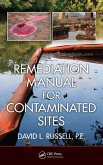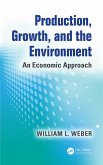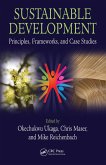This timely reference discusses the problems of environmental and economic crises and explains how they are the product of the overextension of resources. The book critiques the standard approach of economics and establishes the methodological and biophysical principles needed to develop the concept of socioeconomic sustainability. Emphasizing that movement along the path towards economic, environmental, and social sustainability begins with the individual, the authors offer advice on reconciling the principles of economics and ecology. They propose a worldview based on systemic thinking that treats the environment and economics as an ecosystemic unit.
Dieser Download kann aus rechtlichen Gründen nur mit Rechnungsadresse in A, B, BG, CY, CZ, D, DK, EW, E, FIN, F, GR, HR, H, IRL, I, LT, L, LR, M, NL, PL, P, R, S, SLO, SK ausgeliefert werden.

